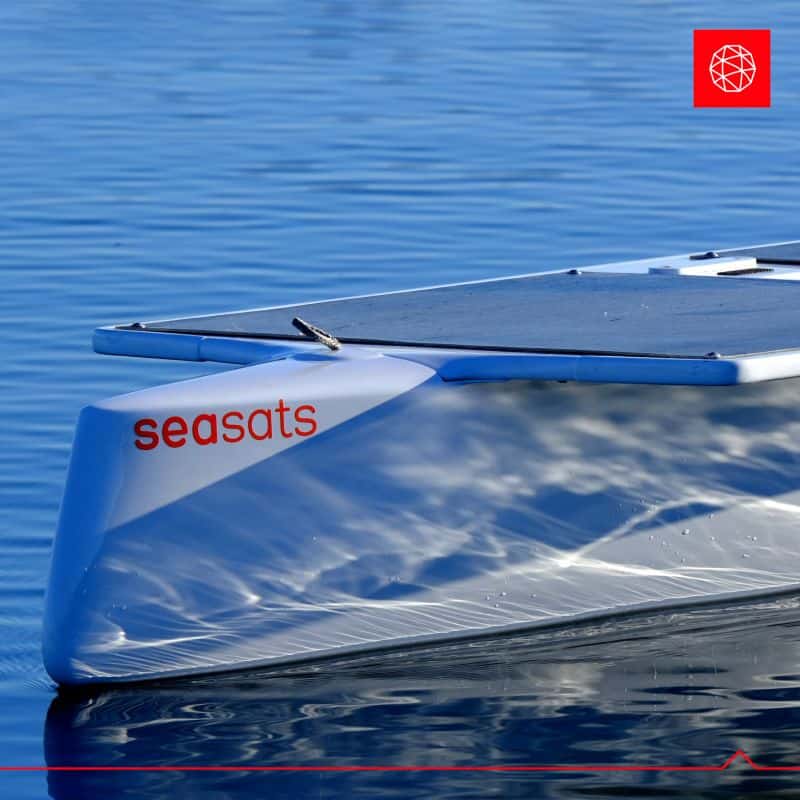
L3Harris Technologies has announced a strategic investment in Seasats, a privately-owned company involved in the design and production of low-cost, solar-powered maritime autonomous surface vehicles (ASV) for military use.
L3Harris is making its investment to fuel collaborative development and accelerate production of Seasats’ X3 micro-ASV, whose unique design and low-signature waterline makes it difficult to detect by sight and radar. The X3 features stealthy performance and reliable six-month endurance in all weather conditions for a fraction of the price of current small maritime ASVs, and provides a complement to L3Harris’ large and medium-sized ASV offerings.
“Our U.S. Navy customers are pursuing innovative solutions to reliably and efficiently patrol the waters from the Red Sea into the Persian Gulf and we understand their urgent need for proliferated maritime ASV architectures,” said Daniel Gittsovich, Vice President, Corporate Strategy and Development, L3Harris. “Our investment and collaboration with Seasats provides a proven, multi-capability solution for global maritime security challenges.”
Inexpensive, versatile and ideally suited to host a variety of maritime payloads, the X3 is well positioned to enhance the counter-piracy, mine clearing, intelligence, surveillance and reconnaissance, and electronic warfare solutions L3Harris already provides its customers.
“The L3Harris team recognized the value in pairing their payloads and sensors with our versatile platform because together they create an operations-ready solution for a wide range of critical military and commercial uses,” said Mike Flanigan, CEO of Seasats. “Our previous tests and demonstrations with the Navy were enthusiastically received and we are looking forward to making collaborative improvements with L3Harris as we prepare for operational capabilities testing with Task Force 59 in the Arabian Peninsula next year.”
The U.S. Navy 5th Fleet commander, Vice Admiral Brad Cooper, recently announced a goal to have at least 100 unmanned surface vessels patrolling the Arabian Peninsula by mid-2023. Earlier this year the Navy invited Seasats to participate in its “Digital Horizon 2022” exercise designed to develop maritime domain awareness and accelerate the Navy’s robotic and artificial intelligence maritime capabilities.












